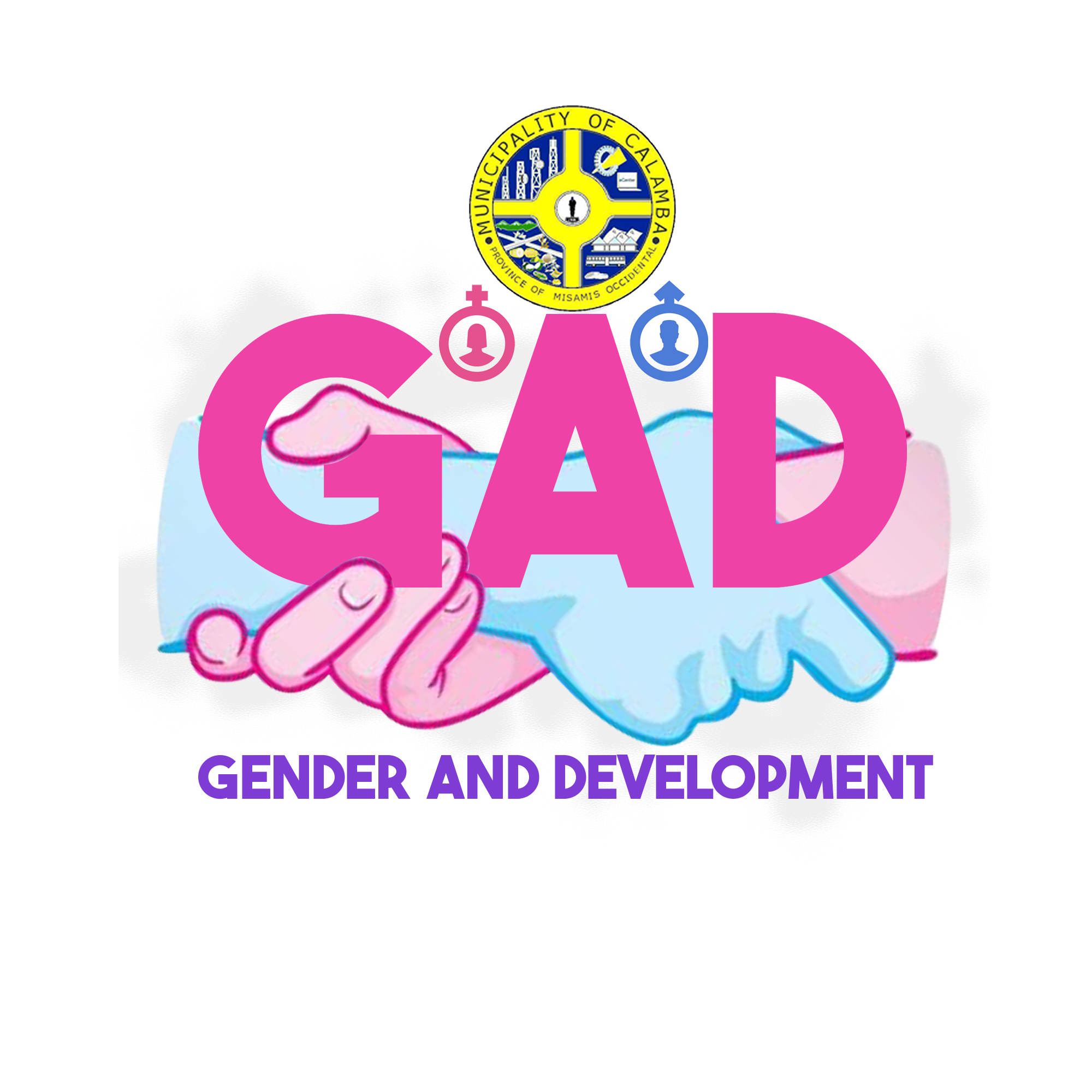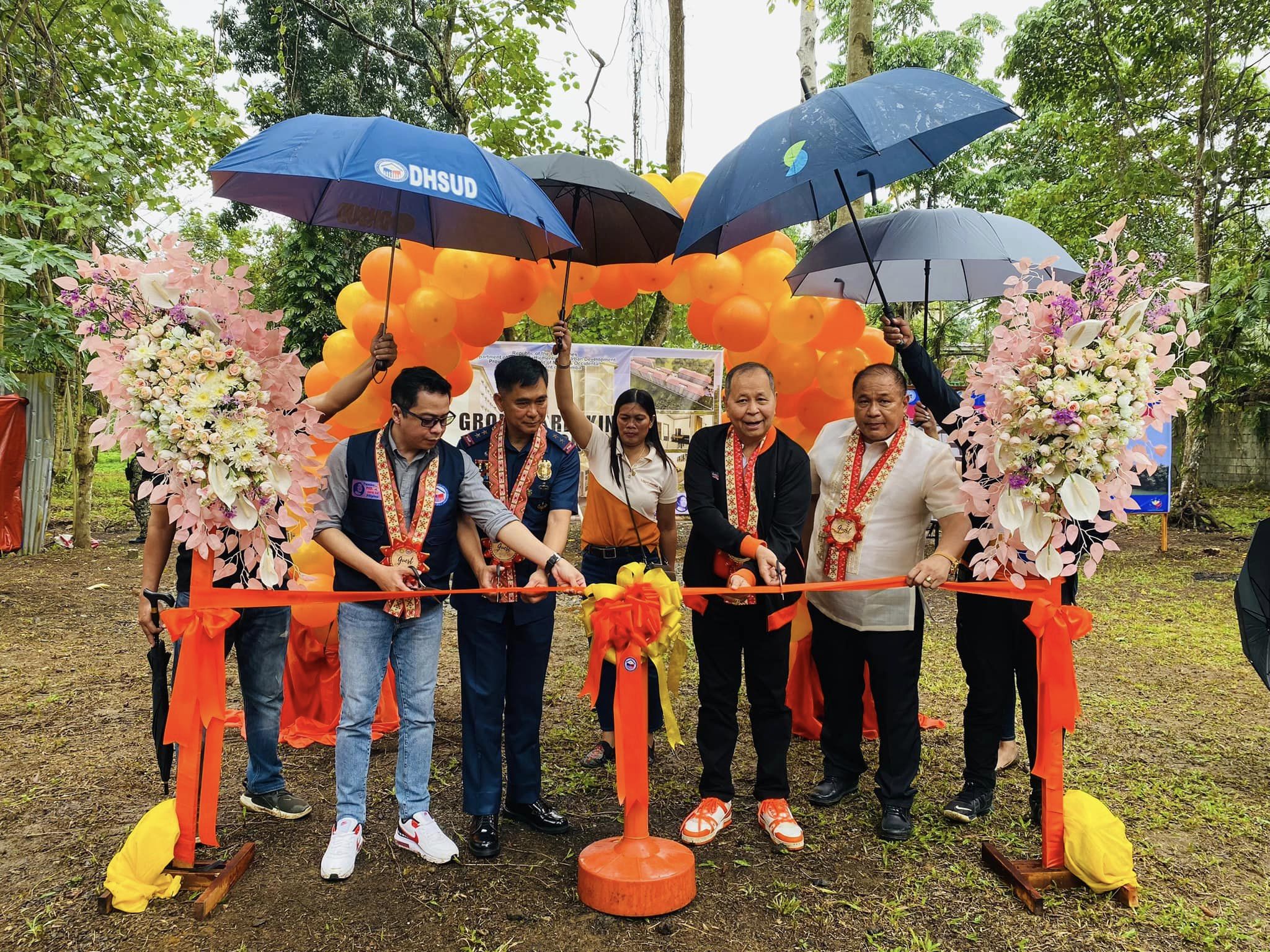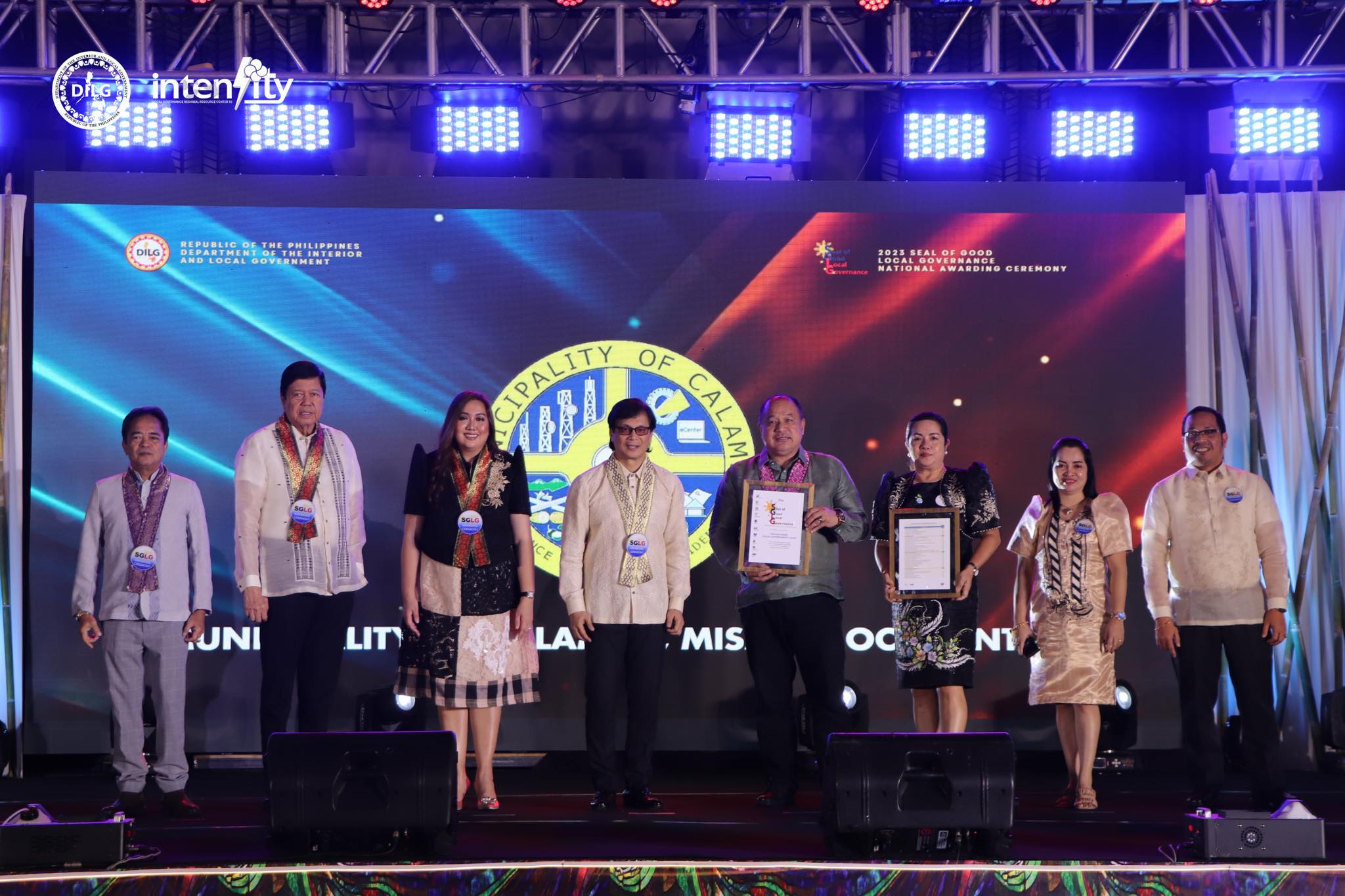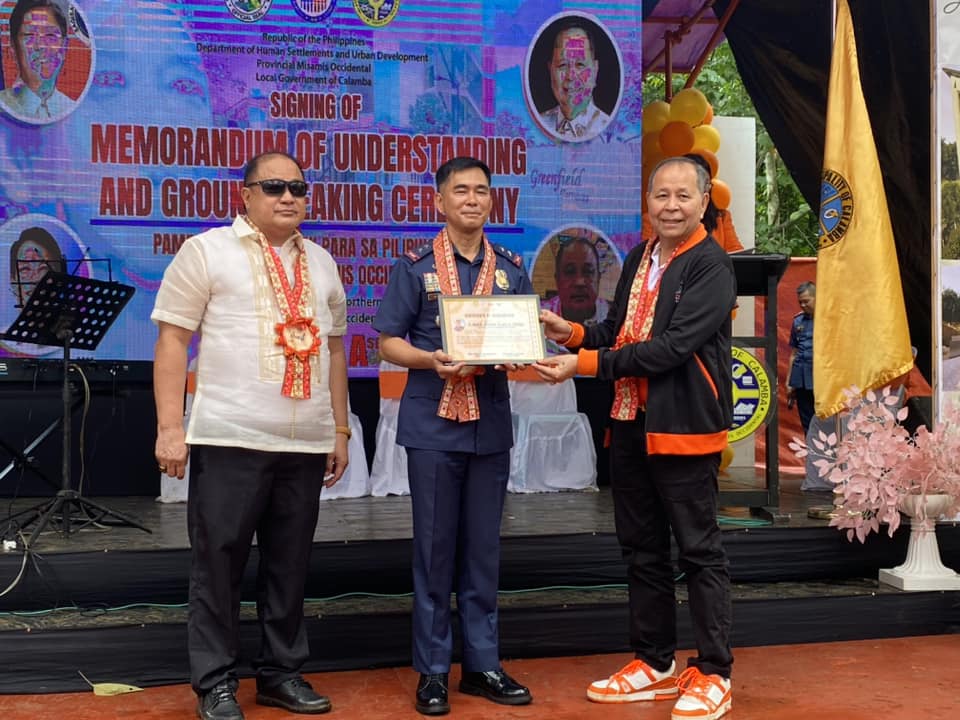 |
What is GAD (Gender and Development) ?
Gender and Development (GAD) refers to the development perspective and process that are participatory and empowering, equitable, sustainable, free from violence, respectful of human rights, supportive of self-determination and actualization of human potentials. It seeks to achieve gender equality as a fundamental value that should be reflected in development choices; seeks to transform society’s social, economic and political structures and questions the validity of the gender roles they ascribed to women and men; contends that women are active agents of development and not just passive recipients of development assistance; and stresses the need of women to organize themselves and participate in political processes to strengthen their legal rights.
(Source: Official Gazette)
Goal of GAD
As a development approach, GAD seeks to equalize the status and condition of and relations between women and men by influencing the process and output of policy-making, planning, budgeting, implementation and monitoring, and evaluation so that they would deliberately address the gender issues and concerns affecting the full development of women.
Gender Equity
Means giving more opportunities to those who have less and those who are historically and socially disadvantaged based on their needs for them to operate on a level playing field. “Focusing on the needs of women does not mean discriminating against men or putting them at a disadvantage”
GAD focuses on Gender Mainstreaming or a strategy for:
- making women’s as well as men’s concerns and experiences an integral dimension of the design, implementation, monitoring, and evaluation of policies, programs and projects in all social, political, civil, and economic spheres so that women and men benefit equally.
- assessing the implications for women and men of any planned action, including legislation, policies or programs in all areas and at all level.
International Mandates for Gender and Development
- United Nation Convention on the Elimination of all forms of Discrimination Against Women (UN CEDAW) – adopted by UN in 1979 and took effect on September 4, 1981.
https://www.ohchr.org/en/instruments-mechanisms/instruments/convention-elimination-all-forms-discrimination-against-women
- International Bill of Rights of Women – promotes equality in all fields; affirmative action for women and protection of women from violence.
https://www.ohchr.org/sites/default/files/Documents/Publications/Compilation1.1en.pdf
- Beijing Platform for Action (BPFA)1995 – calls for action on 12 areas of concern affecting women and girl-children.
https://www.un.org/womenwatch/daw/beijing/pdf/BDPfA%20E.pdf
- Millennium Development Goals (MDGs) – are eight international development goals that all 192 member states of UN and at least 23 international organizations adopted during the 2000 UN Millennium Summit; aim to eliminate extreme poverty by 2015.
https://www.un.org/millenniumgoals/2015_MDG_Report/pdf/MDG%202015%20rev%20(July%201).pdf
- Sustainable Development Goals (SDGs), also known as the Global Goals – adopted by all United Nations Member States in 2015 as a universal call to action to end poverty, protect the planet and ensure that all people enjoy peace and prosperity by 2030.
https://sdgs.un.org/goals
National Mandates for Gender Mainstreaming
- 1987 Philippine Constitution – The state recognizes the role of women in nation building and shall ensure the fundamental equality before the law of women and men (Sec. 14, Art. 11).
https://www.officialgazette.gov.ph/downloads/1987/07jul/19870725-EO-0292-CCA.pdf
- Laws on Gender Mainstreaming Enacted by Congress: Republic Act No. 7192 (1992) Women in Development and Nation Building Act – promotes the integration of women as full equal partners of men in development and nation building.
https://www.officialgazette.gov.ph/1992/02/12/republic-act-no-7192/
- General Appropriations Act (GAA) from 1995 to present – directs government agencies to formulate a Gender and Development (GAD) plan, the cost of which shall not be less than 5% of their yearly budget.
https://www.dbm.gov.ph/index.php/dbm-publications/general-appropriations-act-gaa
- Republic Act No. 9710 (2009) Magna Carta of Women – The local adaptation of the UN CEDAW; requires: i) all government departments to ensure that women benefit equally and participate directly in the development programs and projects; ii) that GAD Programs addressing gender issues and concerns
https://www.officialgazette.gov.ph/2009/08/14/republic-act-no-9710/f
Infographics
Expanded Maternity Leave Law
#GADExplorer / Brochure: Republic Act 11210: 105- Day Expanded Maternity Leave Law
This Brochure contains the Frequently asked questions on RA 11210 or the 105 – Day Expanded Maternity Leave Law.
You may download a copy for FREE on # PCWDigitalLibrary at https://library.pcw.gov.ph/brochure-republic-act-11210…/
May tanong tungkol sa GAD? #searchGAD sa https://library.pcw.gov.ph/
Toys
Toys have no gender.
It's about time that we break traditional gender stereotypes in toys and allow kids to embrace their individual choices and passions. Let's raise a generation that fosters an inclusive and equitable society!
Women
Women are not objects. In online messages, comments, locker rooms, real-life conversations, online and offline, treat them with dignity and respect.
Videos
1. Tsong Tsong Tsong is part of the radio campaign launched by the PCW and the DDB Group Philippines during the 2018 18-Day Campaign to End Violence Against Women (VAW). This Dubbed as “The Macho Choir”, this award-winning campaign used three songs from our childhood that replace the lyrics with messages against catcalling to emphasize that catcalling is a kind of sexual harassment and it is no laughing matter. Also featured in this radio campaign are the songs “Sitsiritsit” and “P.T.B.U. (Paa, Tuhod, Balikat, Ulo).”
https://library.pcw.gov.ph/tsong-tsong-macho-choir-anti-catcalling-lyric-video/
2. Sitsiritsit is part of the radio campaign launched by the PCW and the DDB Group Philippines during the 2018 18-Day Campaign to End Violence Against Women (VAW). This Dubbed as “The Macho Choir”, this award-winning campaign used three songs from our childhood that replace the lyrics with messages against catcalling to emphasize that catcalling is a kind of sexual harassment and it is no laughing matter. Also featured in this radio campaign are the songs “Tsong, Tsong, Tsong” and “P.T.B.U. (Paa, Tuhod, Balikat, Ulo).”
https://library.pcw.gov.ph/sitsiritsit-macho-choir-anti-catcalling-lyric-video/
3. P.T.B.U. (Paa, Tuhod, Balikat, Ulo) is part of the radio campaign launched by the PCW and the DDB Group Philippines during the 2018 18-Day Campaign to End Violence Against Women (VAW). This Dubbed as “The Macho Choir”, this award-winning campaign used three songs from our childhood that replace the lyrics with messages against catcalling to emphasize that catcalling is a kind of sexual harassment and it is no laughing matter. Also featured in this radio campaign are the songs “Tsong, tsong, tsong” and “Sitsiritsit”
https://library.pcw.gov.ph/p-t-b-u-paa-tuhod-balikat-ulo-macho-choir-anti-catcalling-lyric-video/
- Details
- Hits: 3991



































